Impact & CSR
We were founded with the belief that travel should provide meaningful support to the communities and environments that we have the privilege of being able to explore.
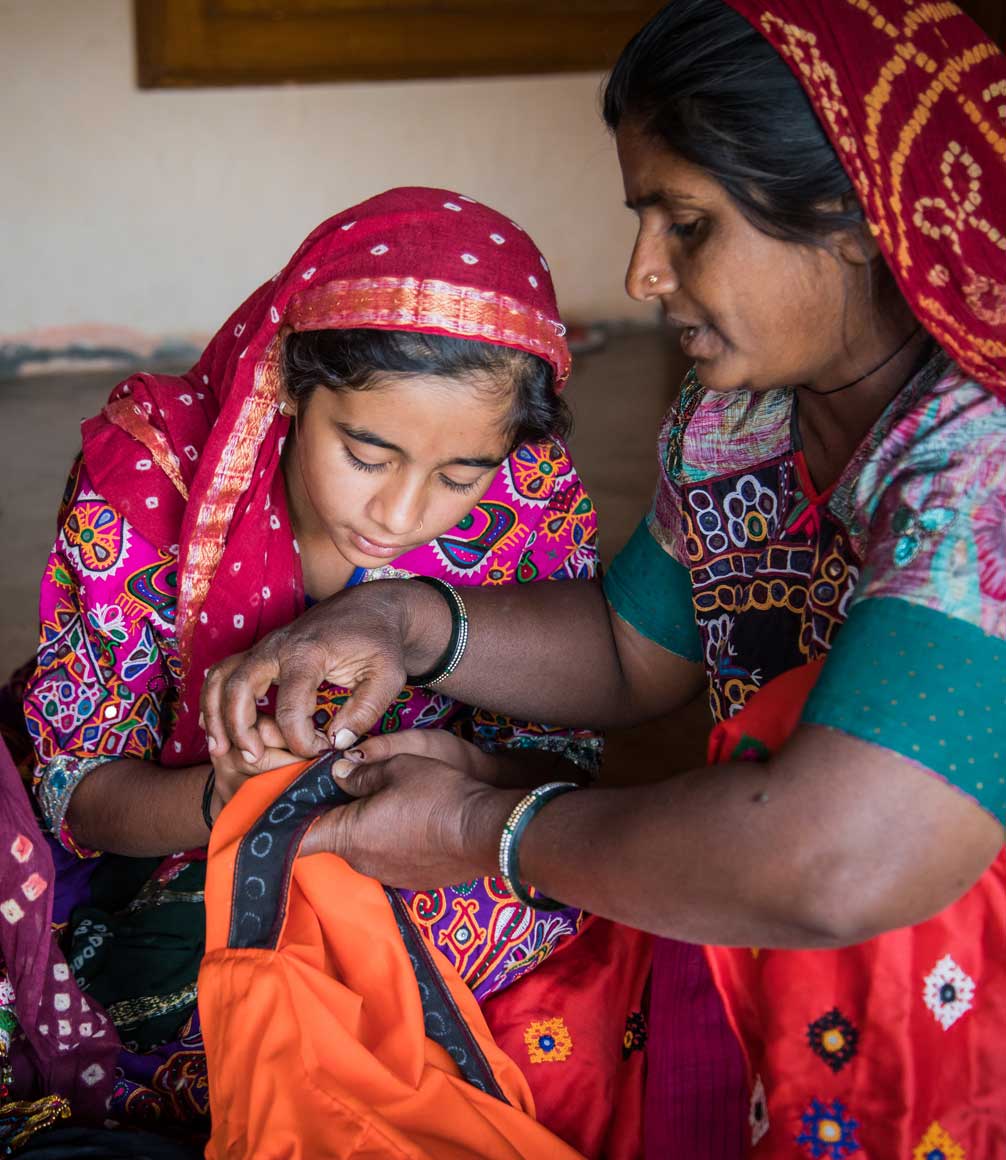
(©SEWA)
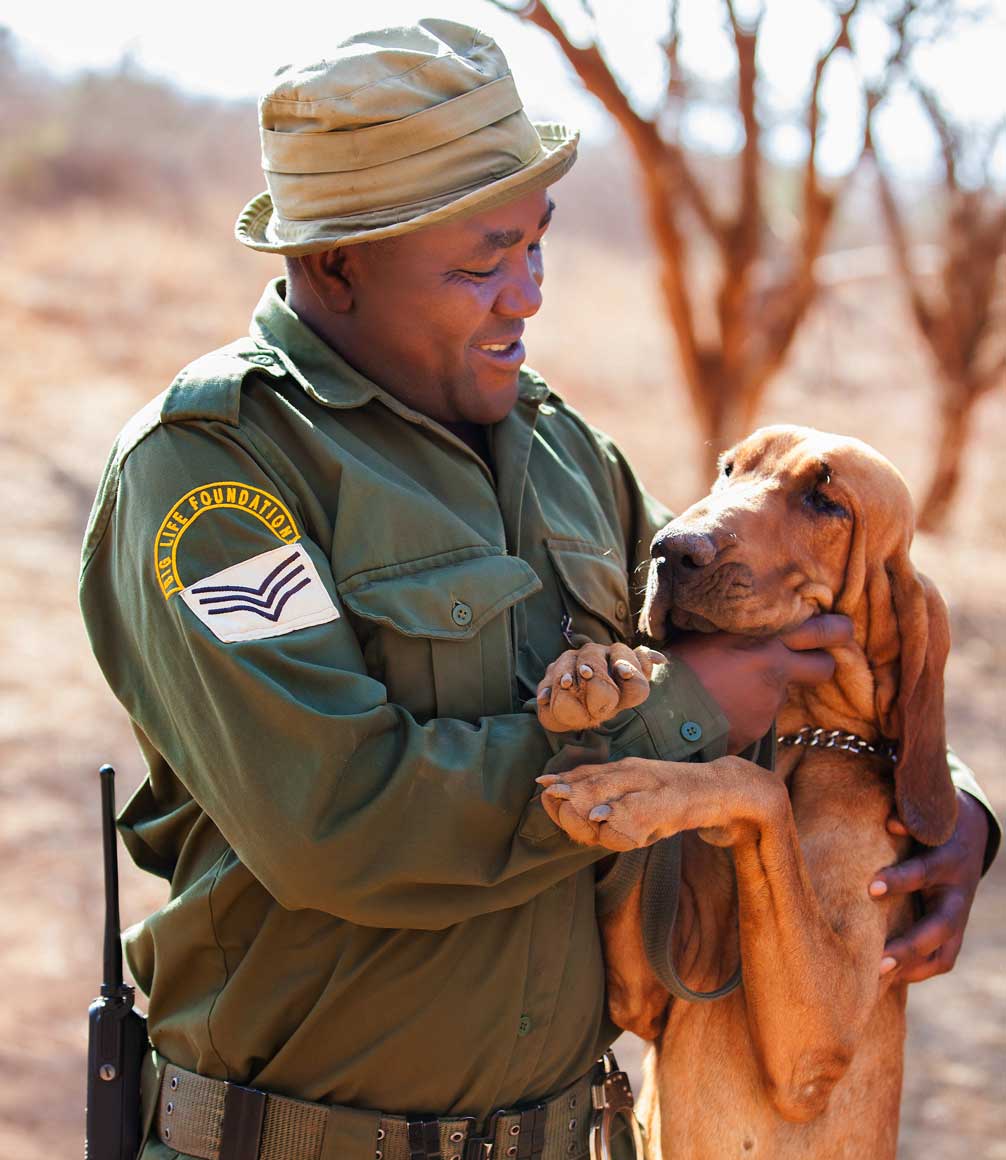
(©Big Life Foundation/Jeremy Goss)
Alongside our clients, we have supported projects that have protected biodiversity, prevented poaching, encouraged education and funded research. When you choose to travel with us we will contribute 1% of your trip budget to initiatives local to your itinerary. We are incredibly proud to be able to say that to date, we have partnered with our clients to raise over $5 million across more than 100 projects & initiatives, around the world.
Below you will find some of the charities, projects and initiatives that we support. We will be adding them all over the coming months.
Ready to take the road less travelled?
Contact our team to plan your unforgettable journey.
-
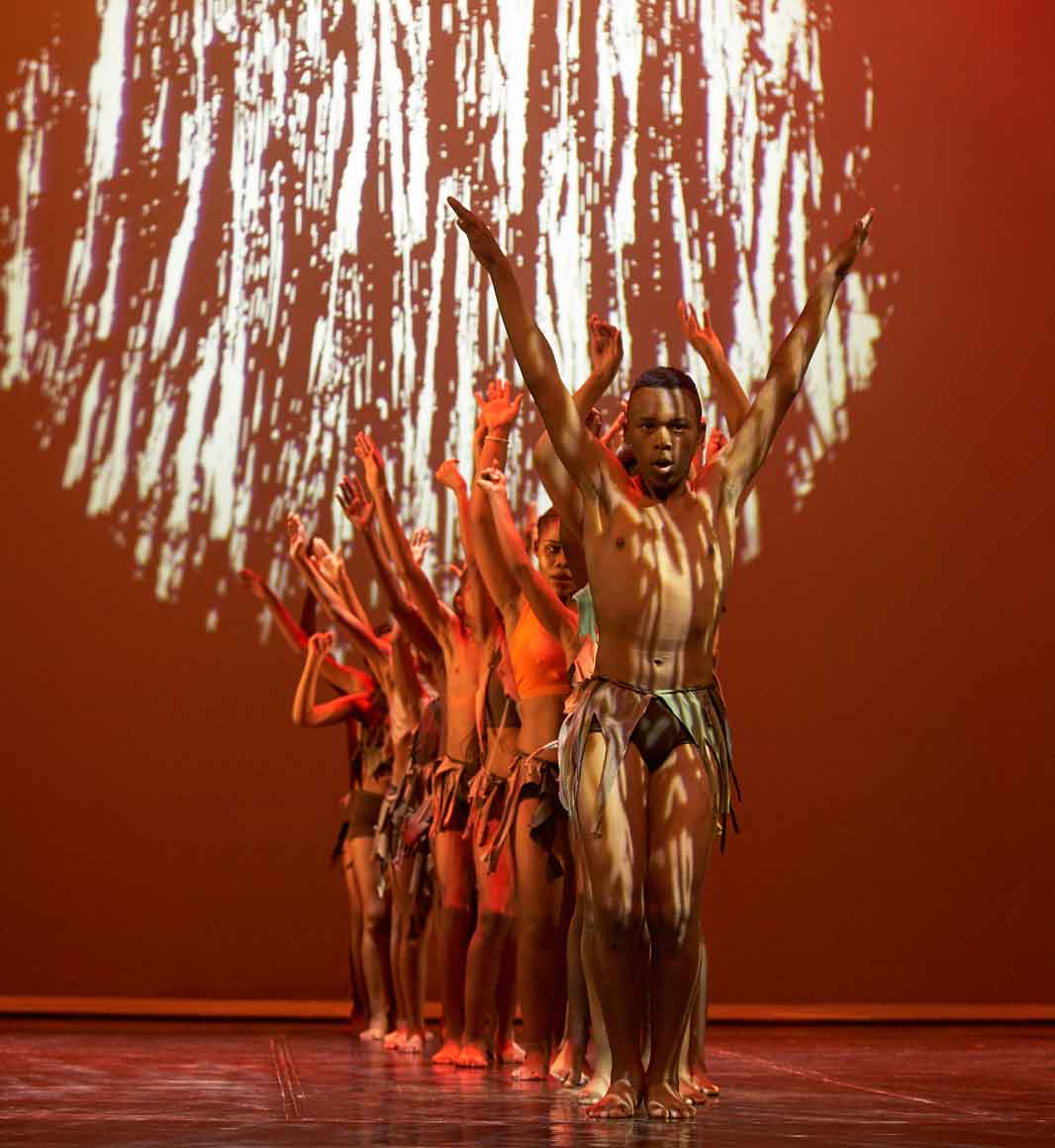 Uthando - empowering Cape Town's disadvantaged communities
Uthando - empowering Cape Town's disadvantaged communities -
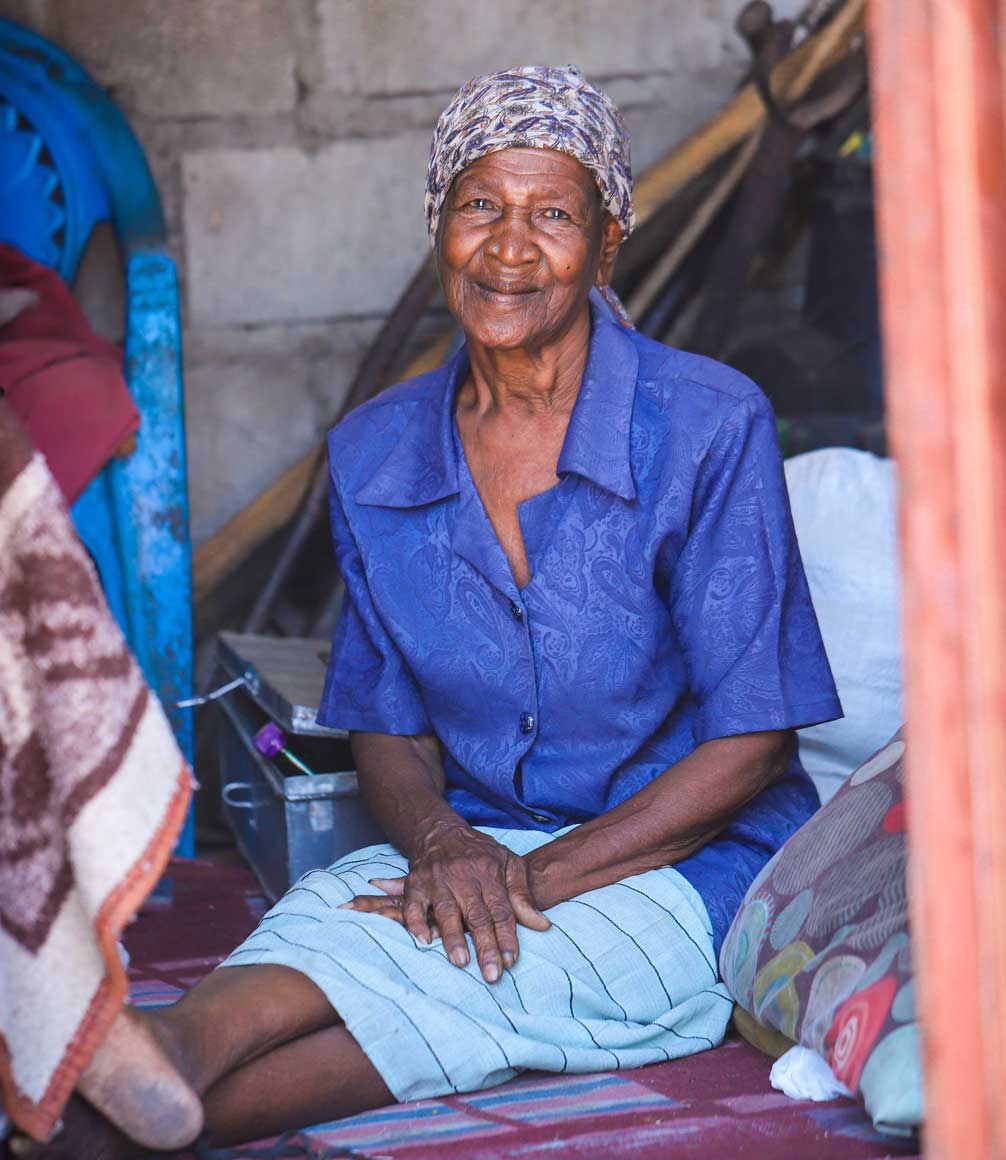 Travel for Impact - responsible tourism in northern Botswana
Travel for Impact - responsible tourism in northern Botswana -
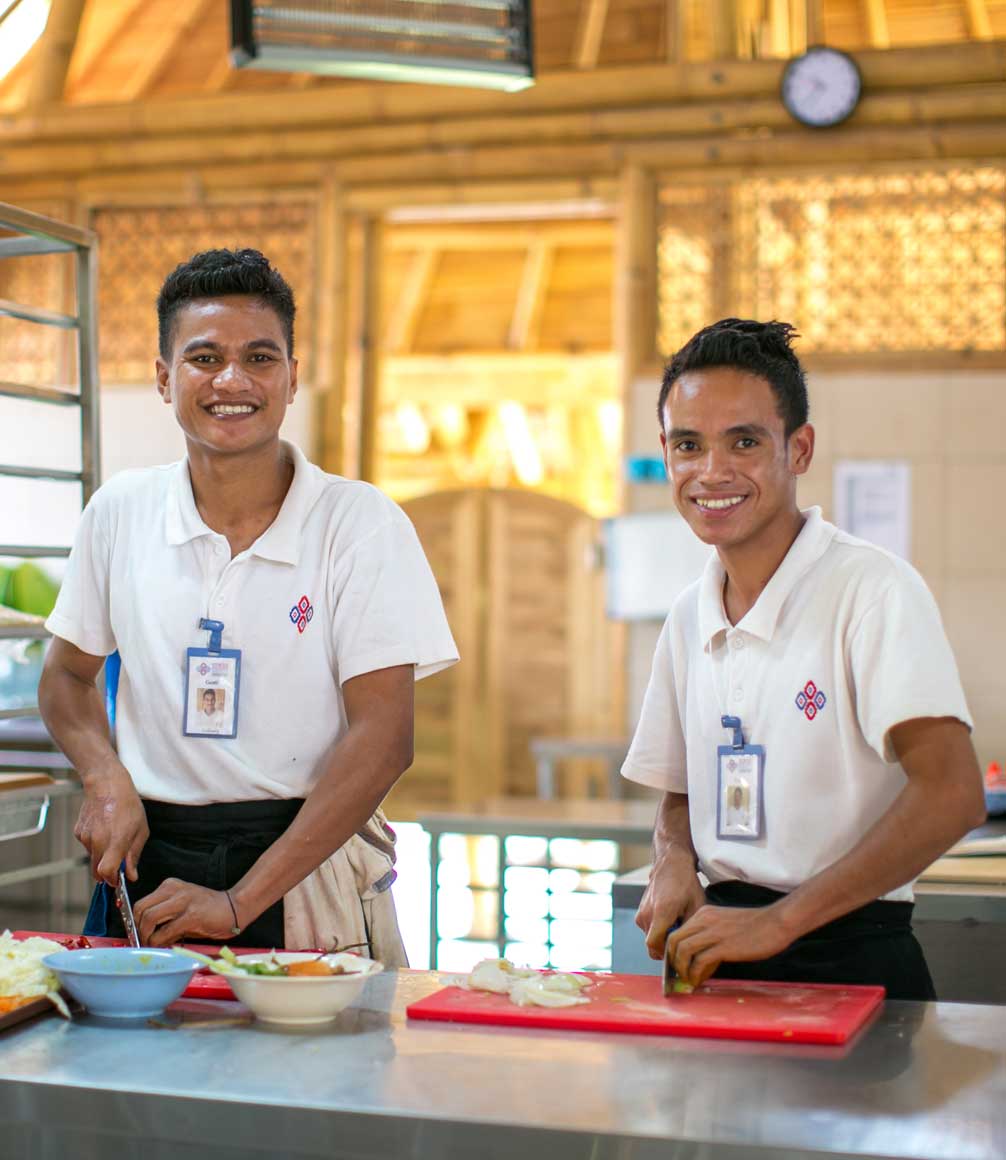 Sumba Hospitality Foundation - empowering local youth
Sumba Hospitality Foundation - empowering local youth -
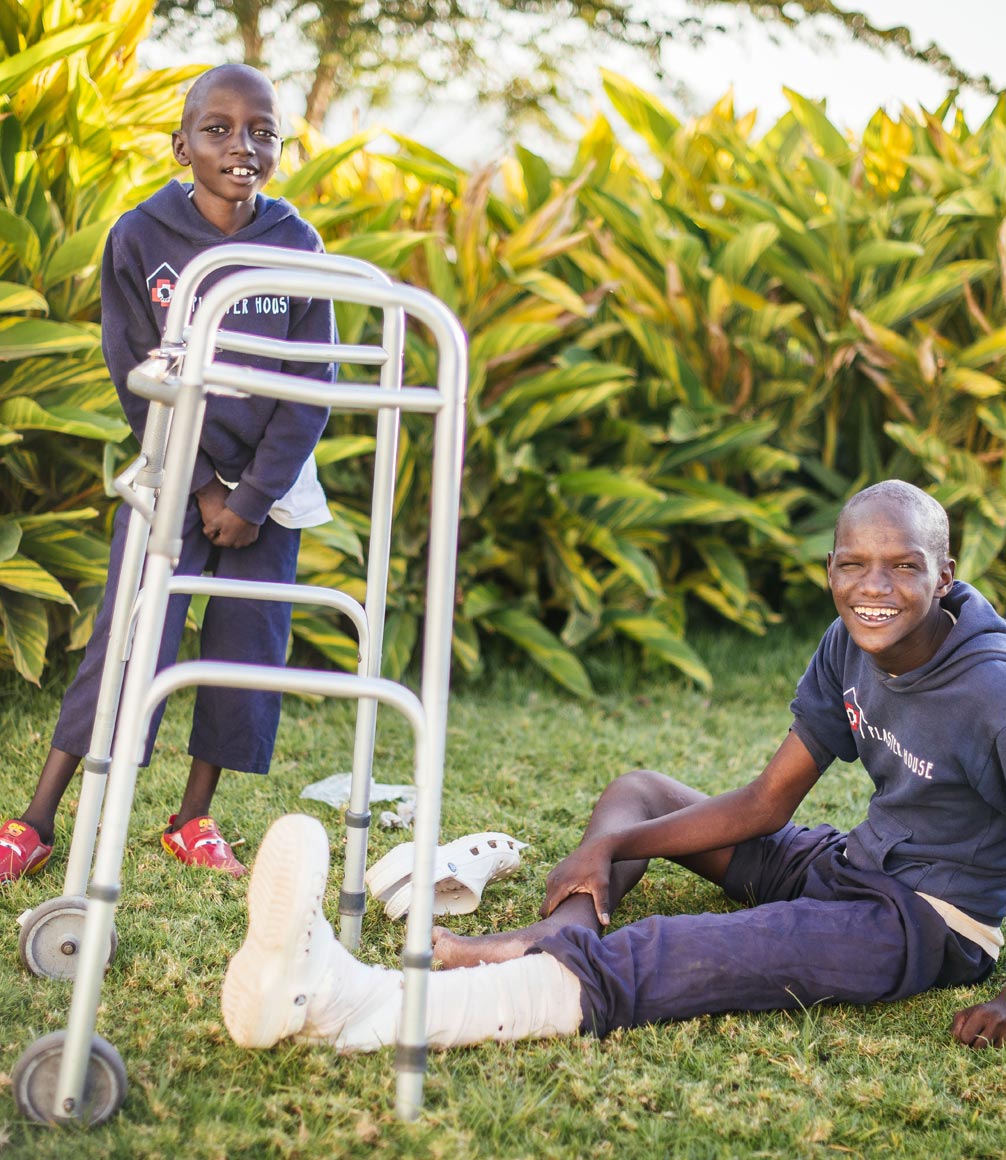 Kafika House - rehabilitative surgery programme in Tanzania
Kafika House - rehabilitative surgery programme in Tanzania -
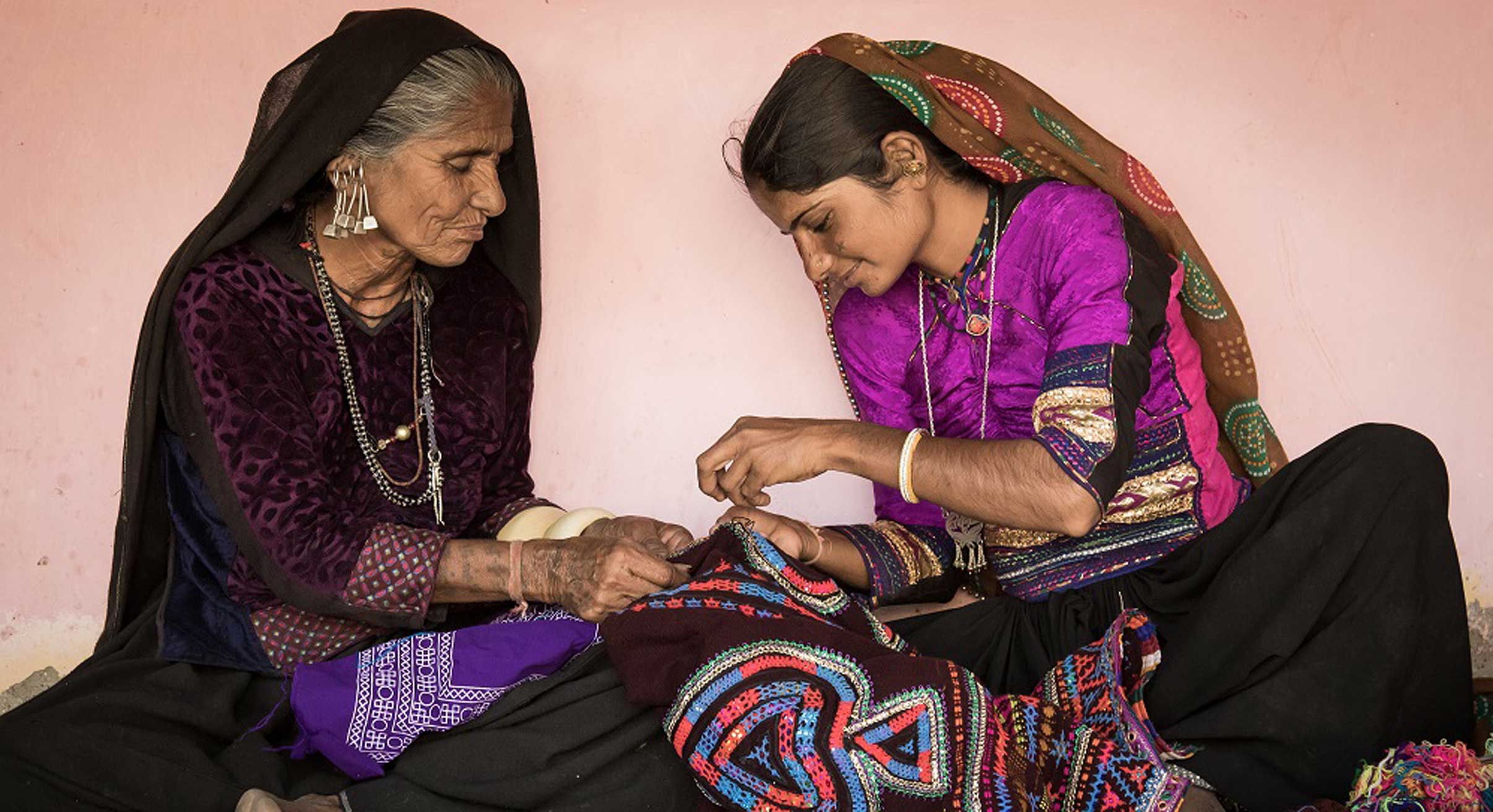 SEWA - empowering underprivileged women in India
SEWA - empowering underprivileged women in India -
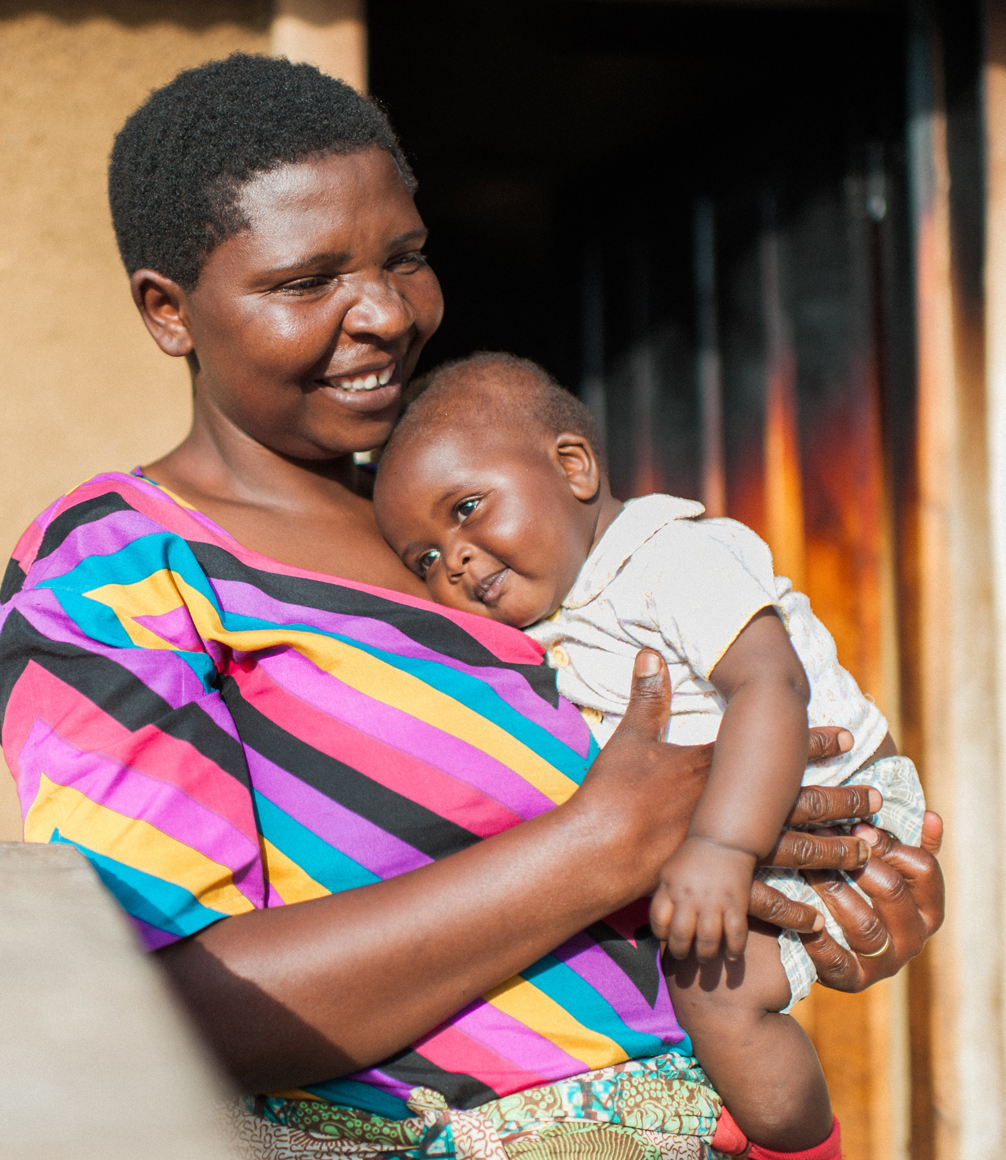 Foxes' Trust - caring for vulnerable children in remote Tanzania
Foxes' Trust - caring for vulnerable children in remote Tanzania -
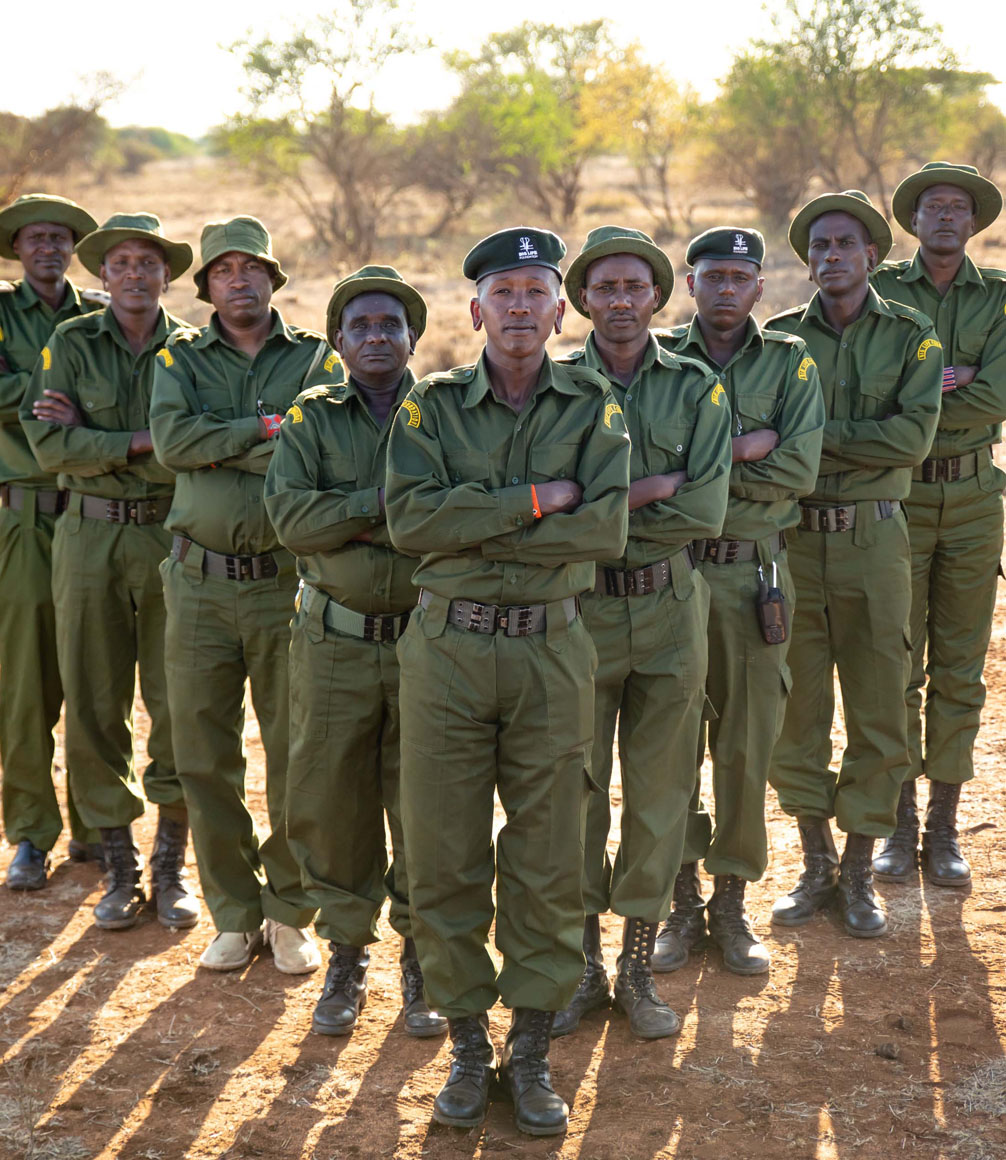 Big Life Foundation - partnering with local communities to protect nature
Big Life Foundation - partnering with local communities to protect nature -
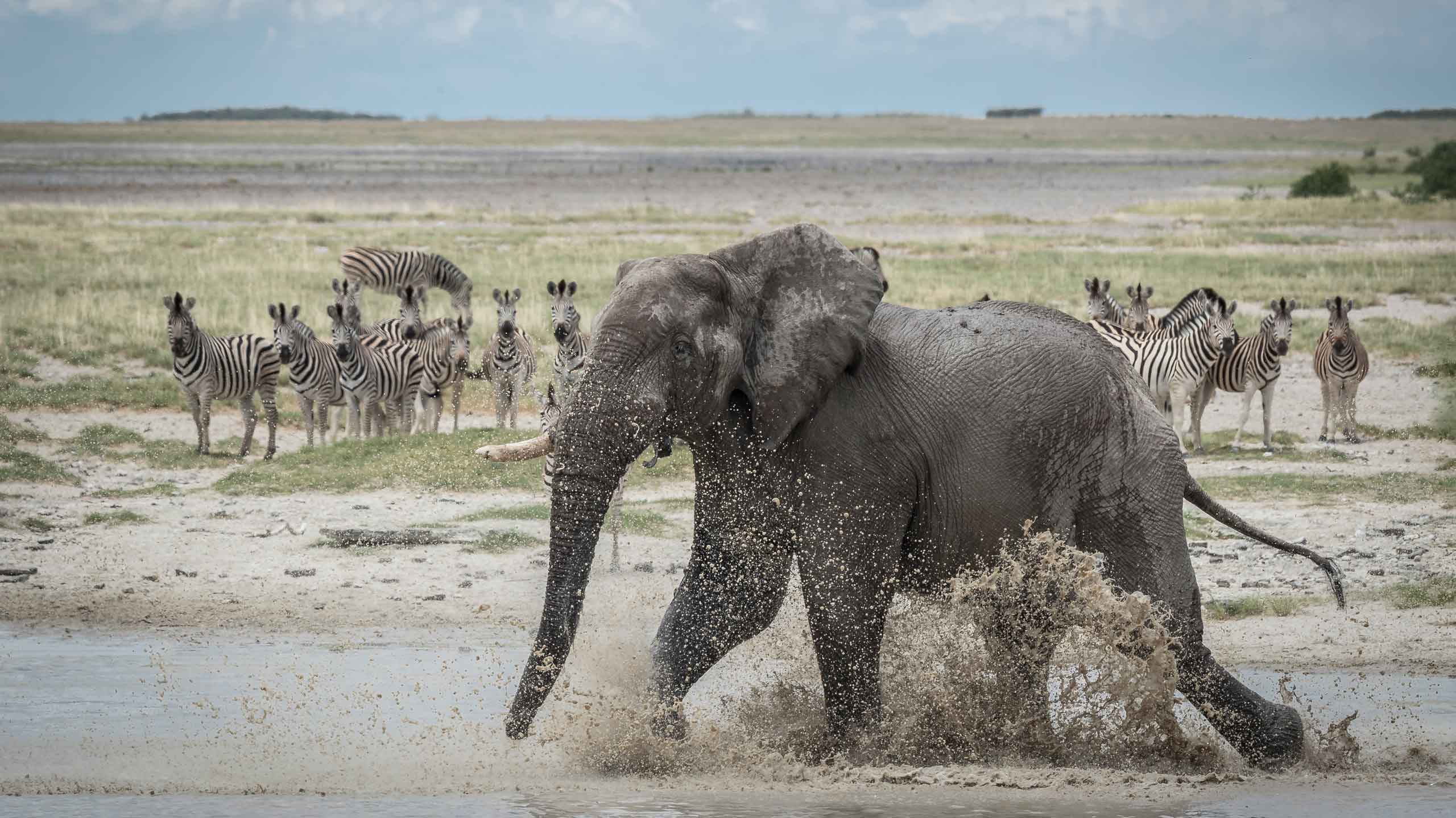 Elephants for Africa - protecting the African elephant in Botswana
Elephants for Africa - protecting the African elephant in Botswana -
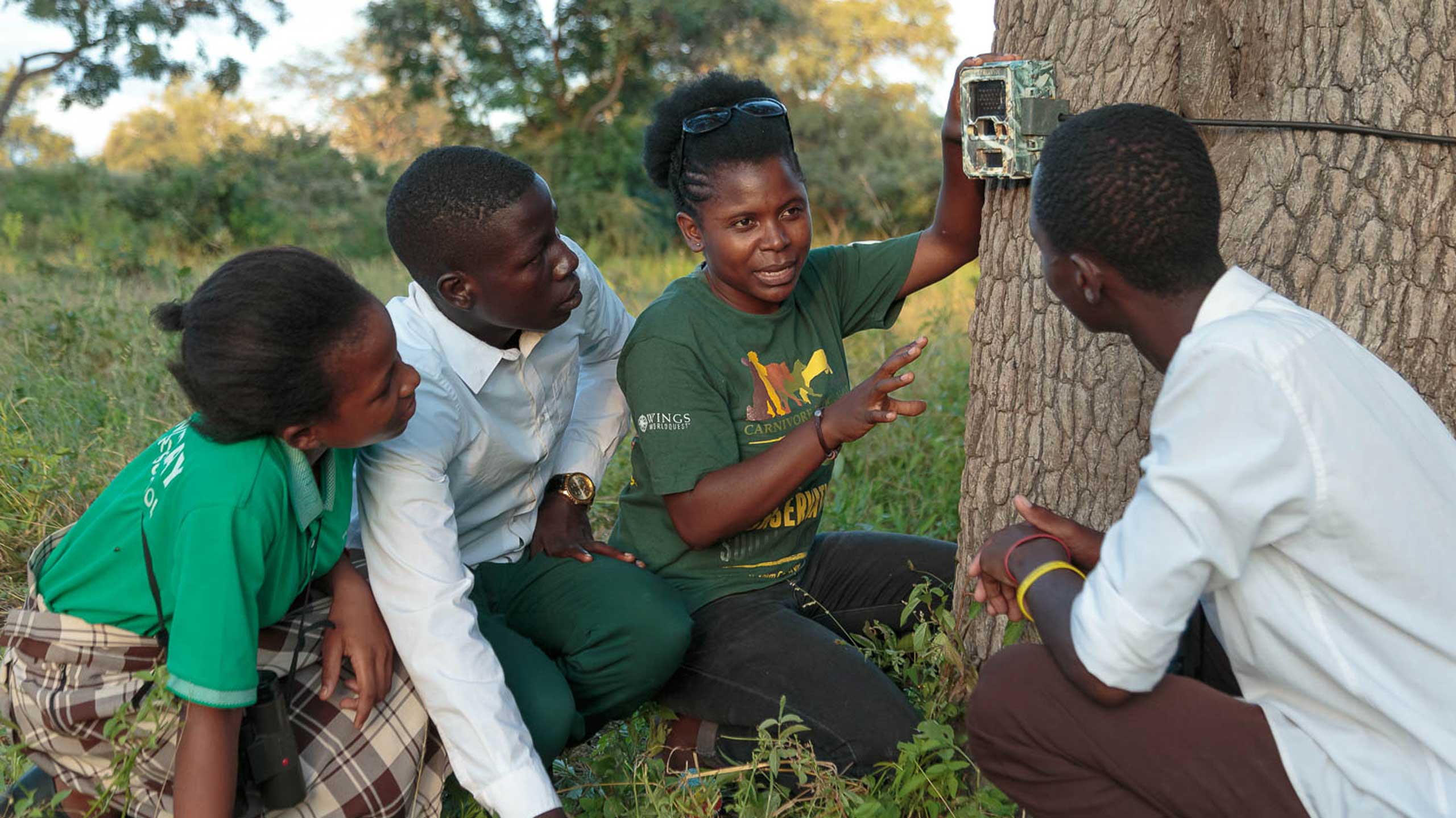 Chipembele Wildlife Conservation Trust - education in conservation
Chipembele Wildlife Conservation Trust - education in conservation -
 Reality Gives - making quality education a reality in India
Reality Gives - making quality education a reality in India -
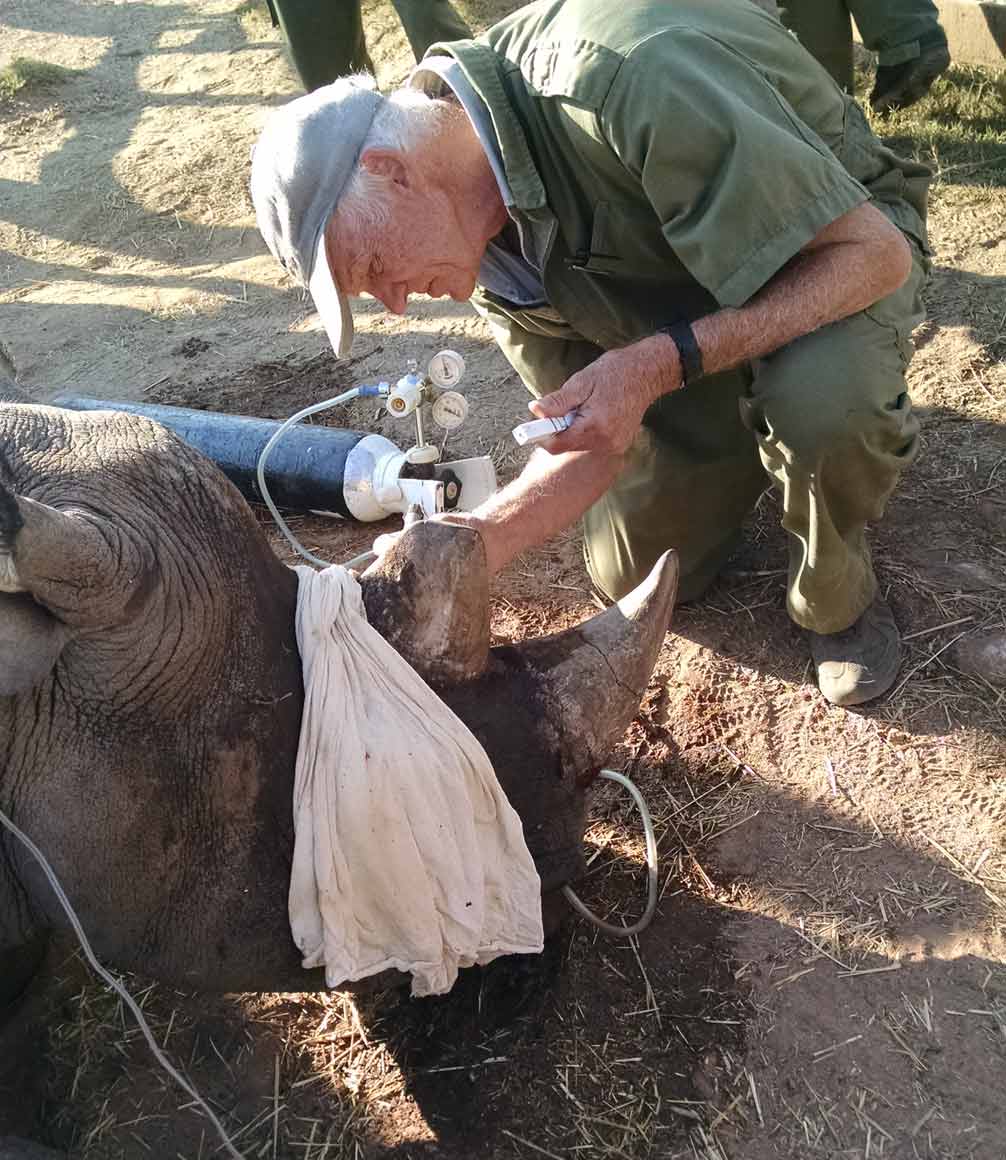 Victoria Falls Wildlife Trust - protecting wildlife in Southern Africa
Victoria Falls Wildlife Trust - protecting wildlife in Southern Africa -
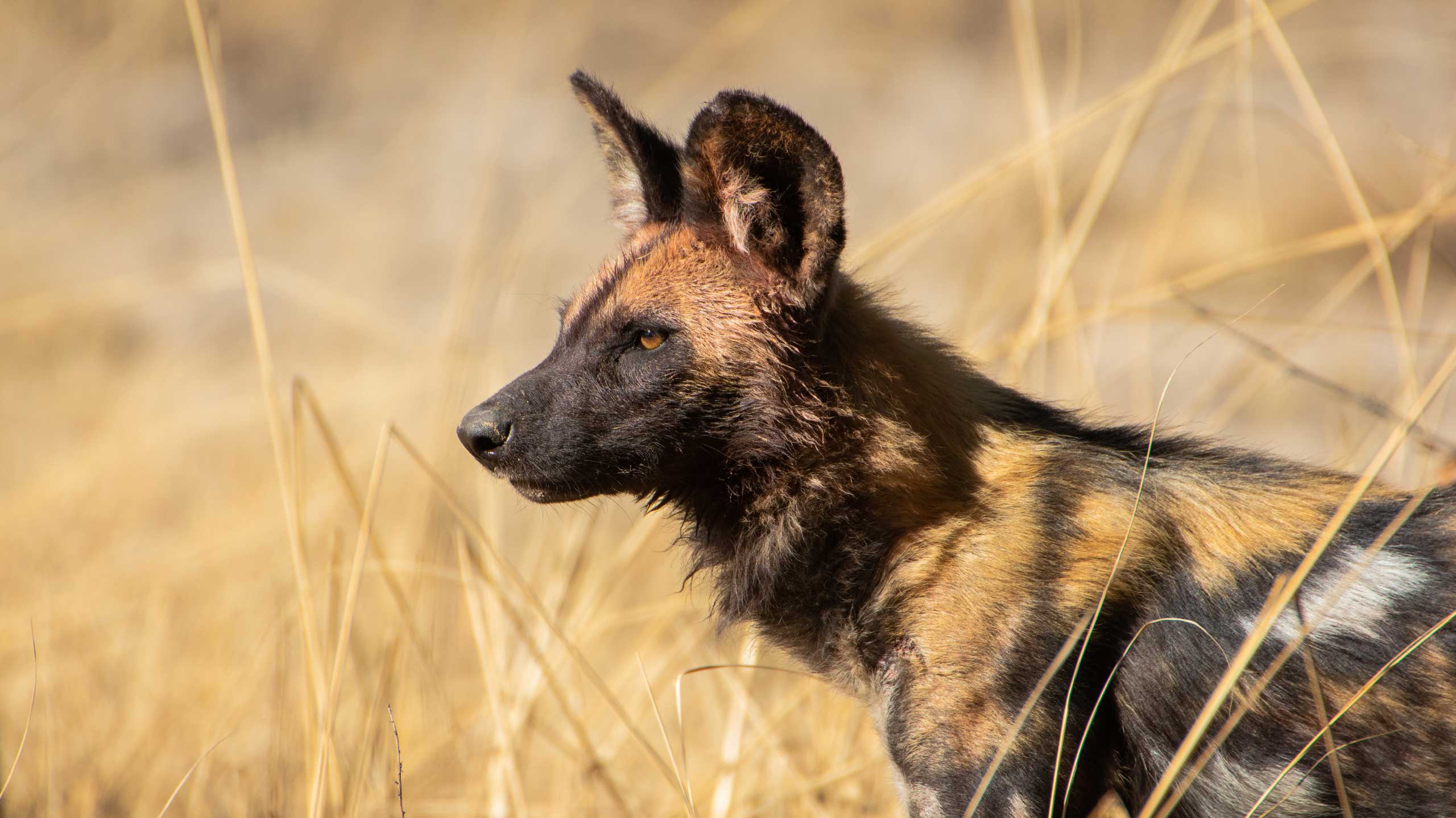 Zambian Carnivore Programme - conserving large carnivores
Zambian Carnivore Programme - conserving large carnivores